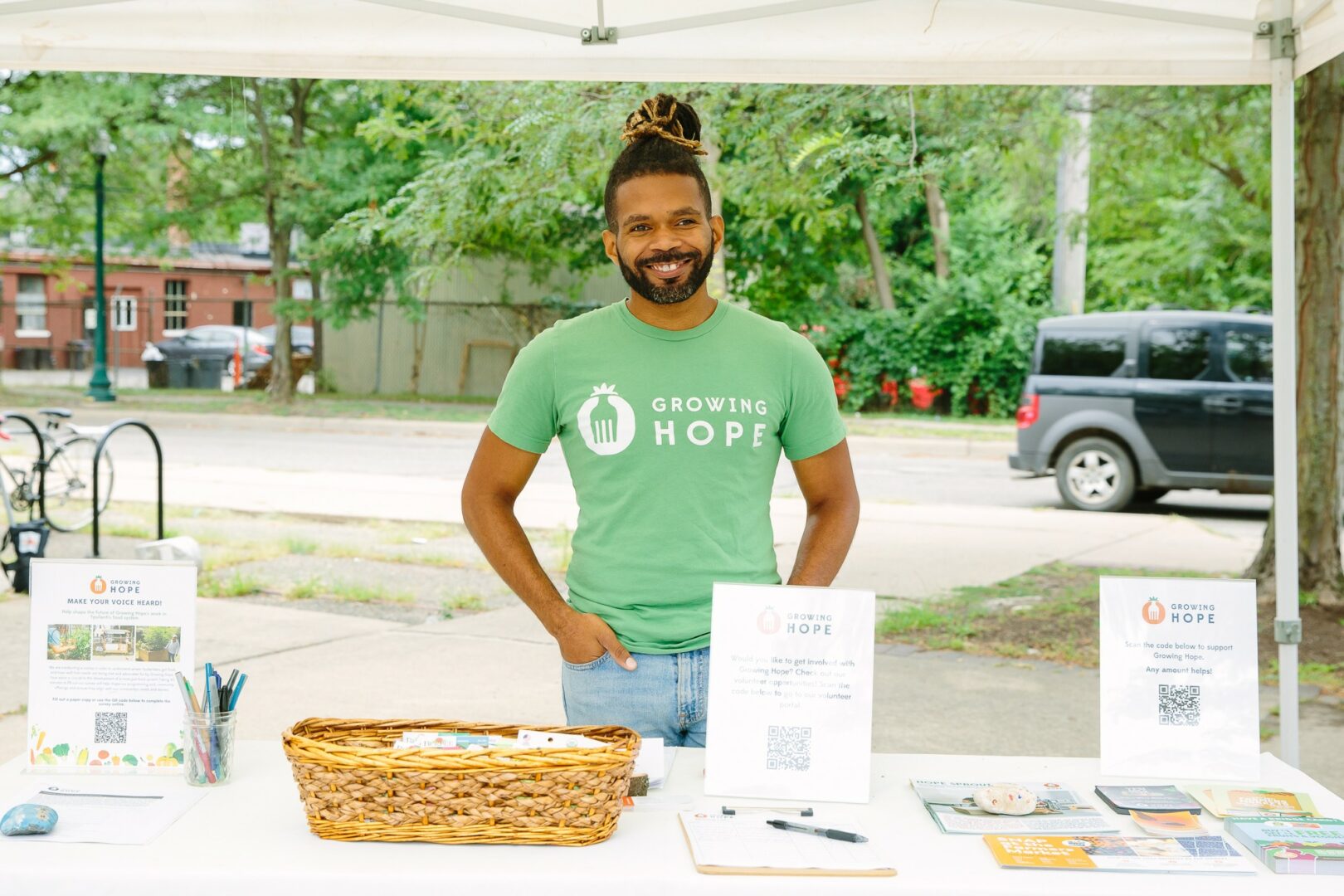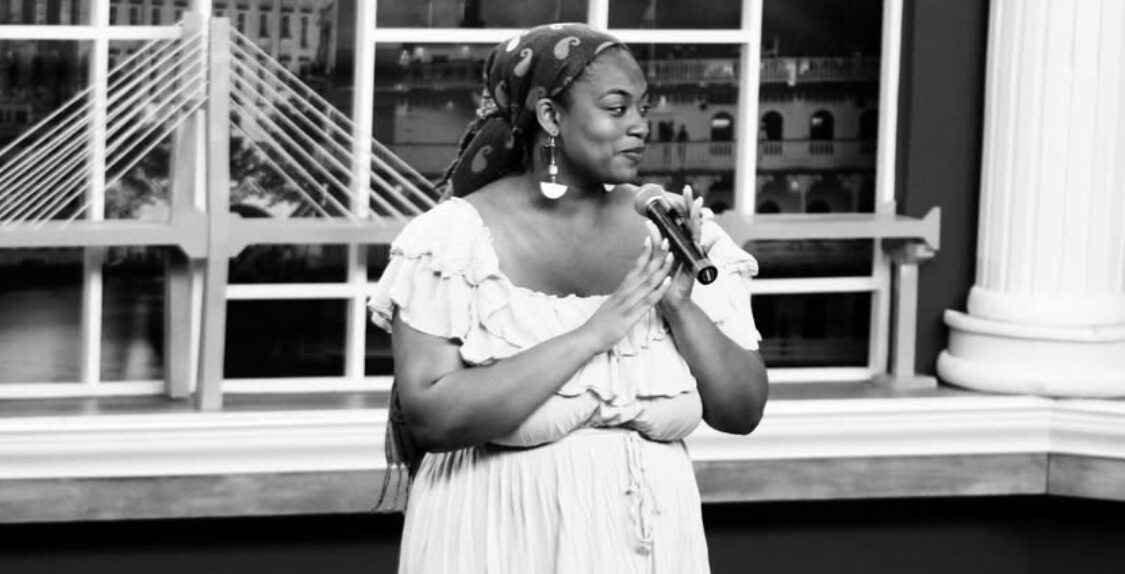“Empathy is about finding echoes of another person in yourself.” – Mohsin Hamid
We believe empathy is one of the most important ingredients enabling effectiveness and so we connected with some amazing folks to ask them about the conditions that allowed them to develop into such empathic leaders.
Alexis Madison

Everyone says this, but I genuinely believe I have the best mother in the world.
From an early age, she taught me the importance of seeing “the other side of the story.” As a kid, I didn’t really grasp what that meant. And to be honest, I was defiant. I hated being told what to do. I wanted to be angry when I was angry. I wanted to take up space—fully and without apology. I wanted to believe that my feelings were the only ones that mattered when it came to making decisions. Like most kids, I wanted things my way. I used to say I couldn’t wait to grow up just so I could do everything on my own terms. Read More>>
D’aja Grandberry

The conditions that allowed me to develop my empathy came from walking closely alongside the people I love—friends and family—as they experienced pregnancy, postpartum, and all the transitions that come with motherhood. I witnessed the beauty, the struggle, the isolation, and the strength. And in those moments, I realized how often mothers pour into everyone else while quietly carrying so much on their own. Read More>>
Frank Mestas

Empathy, at its most basic level, is the ability to truly understand someone else’s unique perspective. It allows us to comprehend, at a deeper level, not only a person’s motivation but the underlying hopes, needs and fears that underpin their world view. For most of us, empathy comes most easily when we can readily see a part of ourselves, or our own experience, in someone else. When we see someone else going through pain or trauma that is similar to something we’ve experienced, we are automatically able to empathize with them because it’s a pain we’ve also gone through. Read More>>










